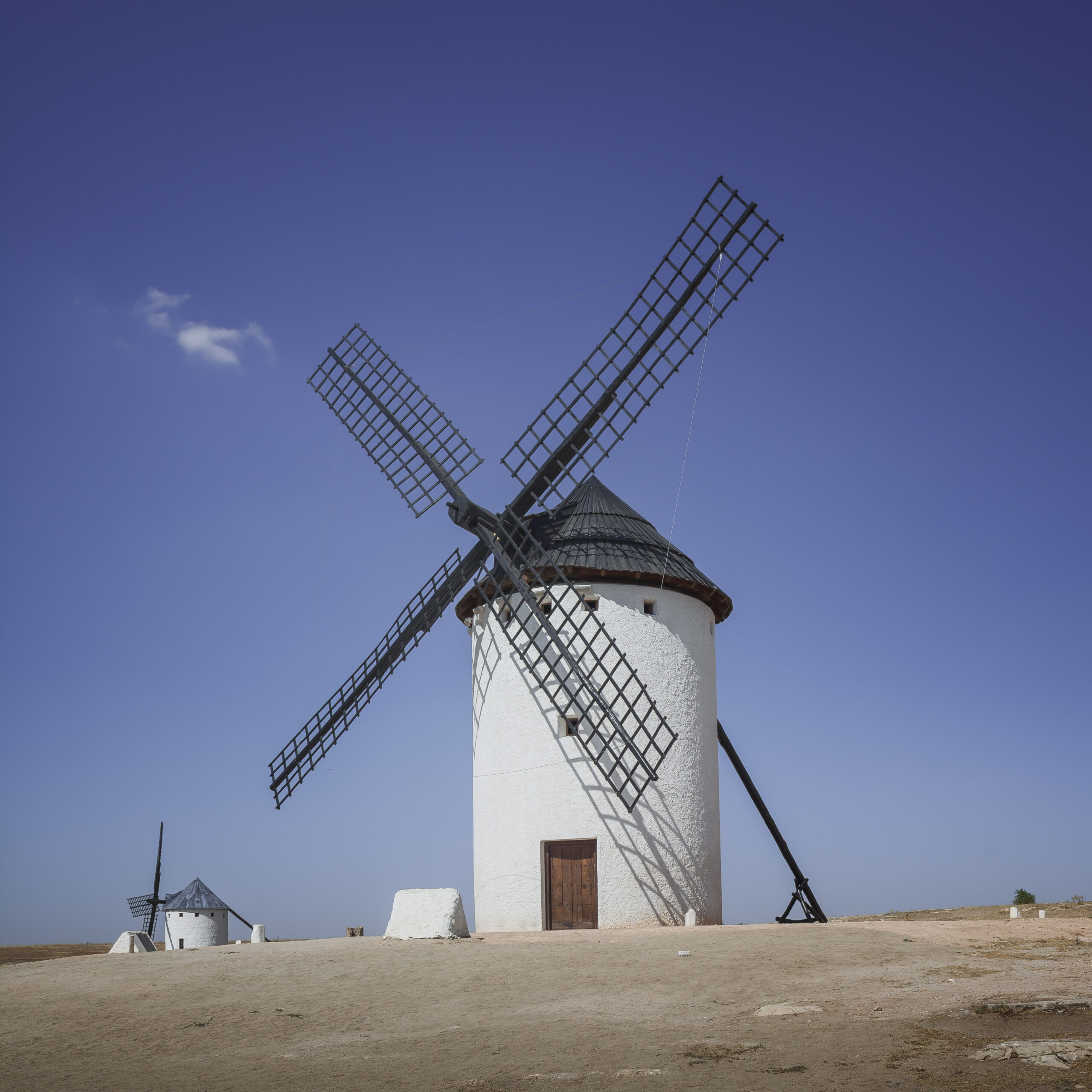The Basques are a people with a long and rich history that stretches back thousands of years. They are native to the western Pyrenees region, which includes parts of modern-day Spain and France. The Basques have their own unique language, Euskara, which is unrelated to any other language in the world.
The origins of the Basques are somewhat mysterious and are still the subject of much debate among historians and anthropologists. Some believe that the Basques are descended from the ancient Iberians, while others believe that they may have a more ancient, pre-Indo-European origin. What is certain, however, is that the Basques have a long history of independence and cultural distinctiveness.
Throughout their history, the Basques have faced numerous challenges and threats to their way of life. They have been invaded and conquered by various empires, including the Romans, Visigoths, and Moors, but have always managed to maintain their cultural traditions and identity.
During the Middle Ages, the Basques played a significant role in the history of Europe. They were skilled fishermen and traders, and their naval prowess made them a formidable force in the Bay of Biscay. They also became known for their expertise in ironworking and shipbuilding, which helped to fuel their economic success.
In the modern era, the Basques have continued to maintain their distinct identity and culture. Despite being divided by international borders and being a minority group within both Spain and France, they have successfully fought to preserve their language and traditions. Today, the Basques are a vibrant and thriving community with a rich history and a bright future.
Interesting facts about their genetics
There are several interesting and unique aspects of Basque genetics that have been studied by scientists and researchers over the years. Here are a few examples:
The Basques are also known for having a high frequency of the Rh-negative blood type, which is a rare blood type that is found in only about 15% of the global population. It is thought that the high frequency of Rh-negative blood in the Basques may be due to their long history of isolation and small population size.
Genetic studies have also shown that the Basques have a higher frequency of certain genetic mutations that are associated with certain diseases, such as hemochromatosis (a condition that causes excess iron to accumulate in the body) and Gaucher disease (a rare disorder that affects the metabolism of fat). This may be due to the fact that these mutations can have protective effects in certain environments, and may have been passed down through the generations due to the small size and isolation of the Basque population.
Overall, the genetics of the Basques are a fascinating and unique aspect of their history and culture, and continue to be a source of scientific study and interest.





